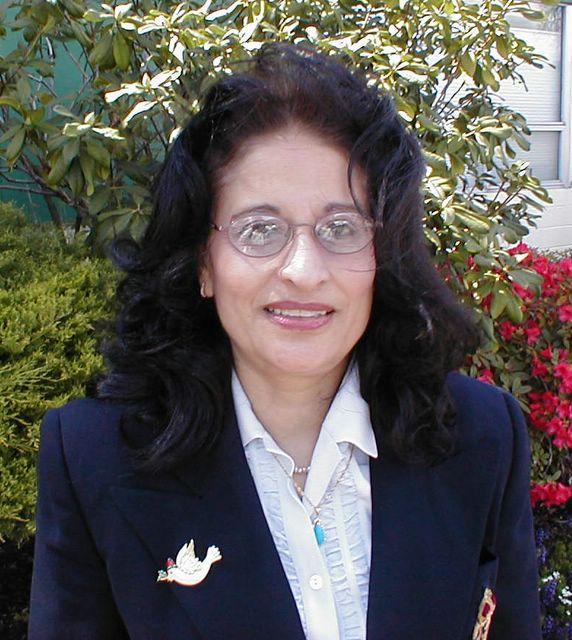Nadia Responds to Stand For Children
The local branch of Stand for Children has sent a series of questions to Nadia, Aria Seligman and Eric Forest. Below are Nadia's responses.
1) Why do you want to serve on the school board?
Young people today face a climate of increasing instability, conflict and at the same time opportunity. This is as true in Eugene as it is anywhere. In a city fraught with difficult feelings and differing perceptions around race, class and other systems of privilege-children are far from immune from these issues. Regardless of how you feel about allegations of racial profiling by the police, about the so called eXit files of professionals of color who have left Eugene because of experiences of racial hostility, about the history of raids on and deportations from Latin American communities in the Eugene and Springfield area- it cannot be denied that these adult matters affect the way that all children grow up in this area. From the recent beating of the Russian immigrant boy in a self-declared "Racism Free Zone" local school, to the growing disparity of access to resources and alleged system of effective segregation the children in this school district are affected by issues of race and class every day, no matter what their personal backgrounds are.
All of the children need someone on the School Board who is trained to address these types of issues. I have that training, and years of experience working with adults and children who need communication to move towards healing the wounds of conflict. Issues of race, class, and struggle to access quality resources are key issues in this election and in educational institutions around the country. They cannot be ignored; they must be engaged with head on, with as much knowledge, skill and priority as we can muster.
2) What qualities do you bring to the school board?
Cultural Competency: I support State Sen. Avel Gordly's bill to extend Cultural Competency training requirement beyond areas such as Eugene and into all schools around the state. Support for measures such as this is key to making schools as effective and inclusive as possible. Cultural competency is especially attractive because it emphasizes knowledge about how all students experience their own lives; it is not ideological prescription for any particular course of action. Cultural competency and years of experience facilitating dialogue across lines of cultural difference are key strengths I can bring the board.
a. We need to increase the number of languages immersion schools. Open and fair lotteries for all children, regardless of their background, ethnicity, class, and other systems of privilege.
b. Teaching languages of the immigrants will give the children a sense of pride, sense of belonging, and build their self steam. It will help the other children to value, respect and understand other cultures and nationalities. Have a heritage day to celebrate the children culture and ethnicity.
By doing this. It will help bridge the gap, of understanding and value other cultures and races.
c. Invite the children to tell stories of their own culture and background. Let the children teach us what they need us to know about them..
4) What is your position on the Superintendent's recommendations on school choice?
- I support the ongoing existence of alternative schools, while understanding the vital importance of minimizing any negative impacts they might have on neighborhood schools. Alternative schools must be reviewed, but they are very important.
- Immigrant children in particular need to be able to leave a school if it is unsupportive of them and chose another schools that better fits their needs.
- All children should have equal access to admissions lotteries, with no system of privilege. There should be extra outreach to less privileged families to compensate for the inequities of the world in general that impact a family's propensity to engage in the school choice process.
5) How should the district address the needs of an increasingly diverse population?
We need to encourage merging the alternative schools into our neighborhood schools. Support and promote neighborhood schools by adding languages and open lotteries for all students. Taking informed steps to maximize inclusiveness is key.
Taxing corporations fairly could make a huge difference. Likewise, people who make more than $100,000.00 a year need to contribute to the schools' funding.
7) What would you do to improve school nutrition?
Having nutritional food; such as fruit, juices, nuts, etc
sold in the vending machines would be helpful. We also need to add some ethnic food to cater to our immigrants students' diet and nutrition value. Diet is key to many cultures around the world, and if a student's otherwise strict diet is disrupted at school, then that school will not be the best place for the student to learn.


<< Home